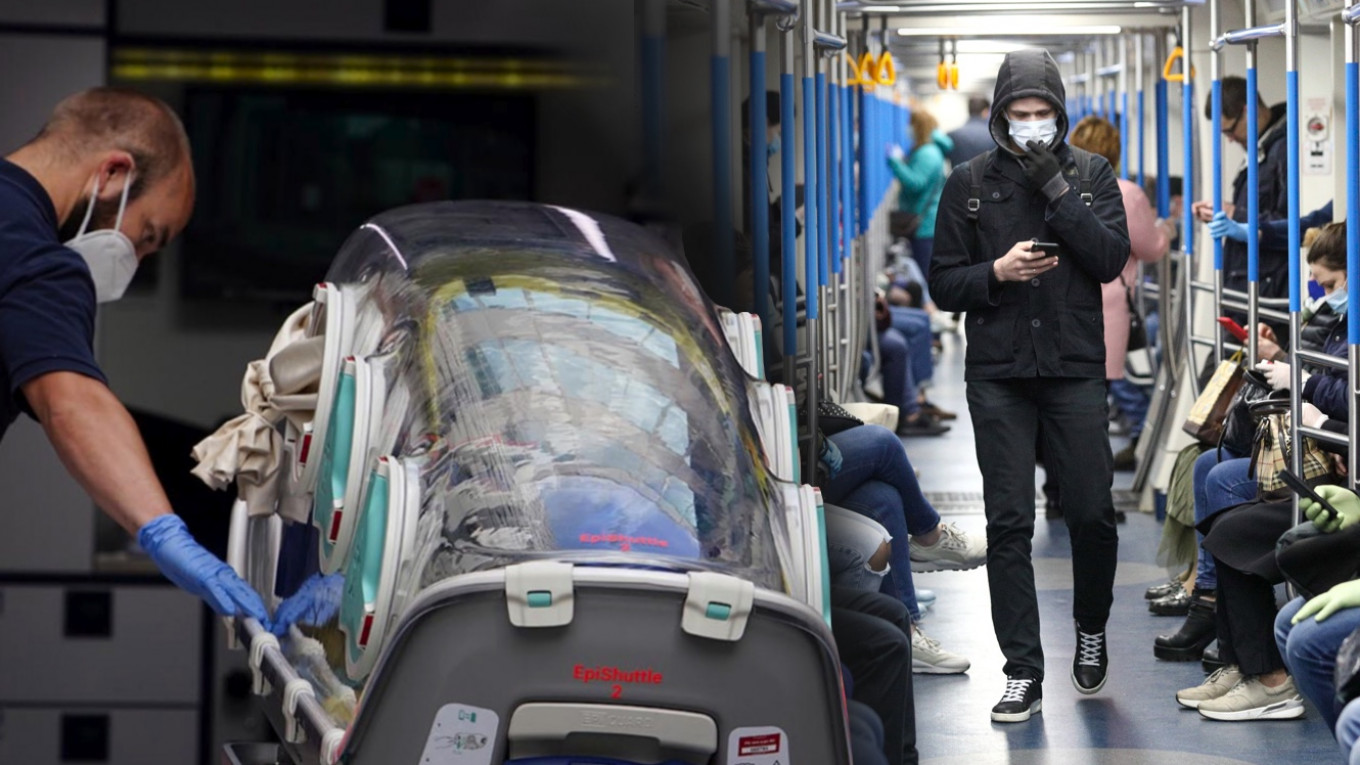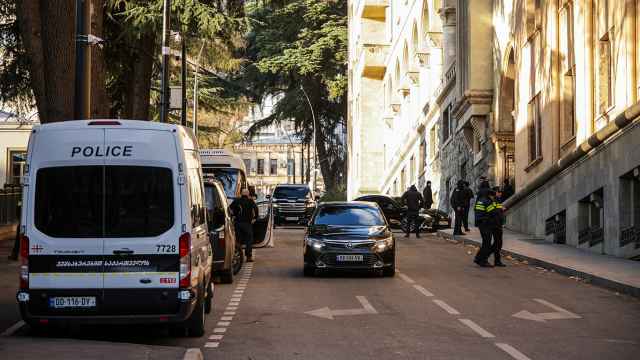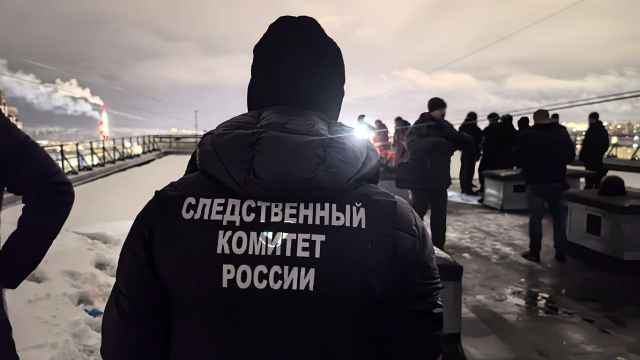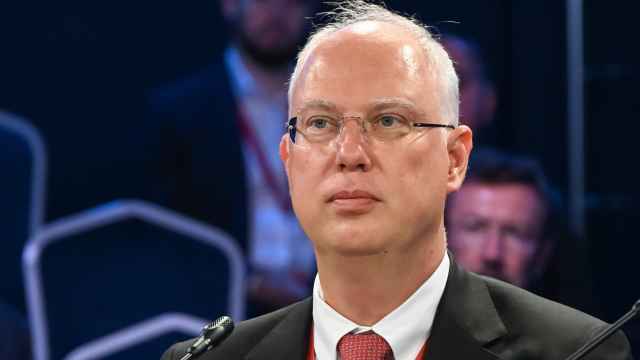In a year when the coronavirus pandemic dominated news headlines worldwide, Russia also embraced the prospect of Vladimir Putin as president until 2036 and faced fallout from the poisoning of Kremlin critic Alexei Navalny.
Political unrest at home and abroad gathered steam as the first wave of Covid-19 infections abated, while a huge Arctic fuel spill, mass marine deaths and raging wildfires sounded the climate crisis alarm.
As the year ended and a second wave pushed virus cases and deaths to record highs, positive stories appeared as Russia brokered a peace deal to end weeks of fighting between Armenia and Azerbaijan and began mass immunizations with its Sputnik V vaccine.
Here’s a round-up in chronological order:
Sweeping reforms and a new prime minister
The year began with a double shock when Putin in his annual state-of-the-nation speech proposed sweeping constitutional reforms. A few hours later, Prime Minister Dmitry Medvedev and his entire cabinet resigned.
Putin selected Russia’s tax chief Mikhail Mishustin, who had virtually no political profile, as the new prime minister. Observers dubbed the new head of the Russian government a “technocratic placeholder.”
Speculation had been swirling over whether Putin would attempt to extend his stay in power beyond the end of his current term in 2024, and in March lawmaker and the first woman in space Valentina Tereshkova put forward the constitutional amendment that would allow him to stay in power until 2036
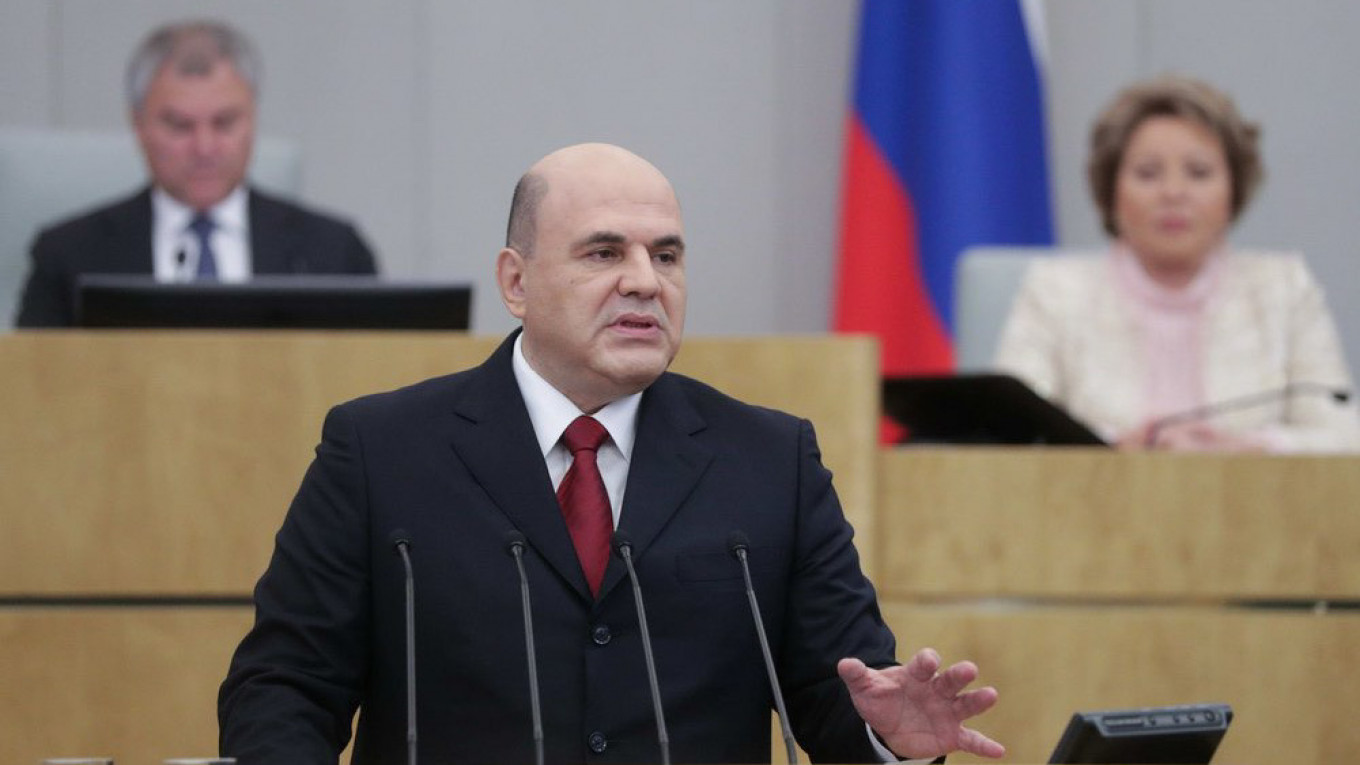
Coronavirus lockdown
In late March, Russia introduced a nationwide lockdown due to the coronavirus pandemic and closed its borders, allowing only evacuation flights to bring Russians back from abroad. Putin announced in a televised address the first in a series of "public holidays” that would later be extended until May.
Non-essential businesses closed and small enterprises suffered amid confusion over what kind of economic support was available to them.
Authorities in Moscow, the outbreak’s epicenter in Russia, imposed a digital pass system and heavy fines for unauthorized movement around the city to force Muscovites to stay home. Observers slammed the pass system when footage showing large crowds of people queuing outside metro stations to have their passes checked went viral.
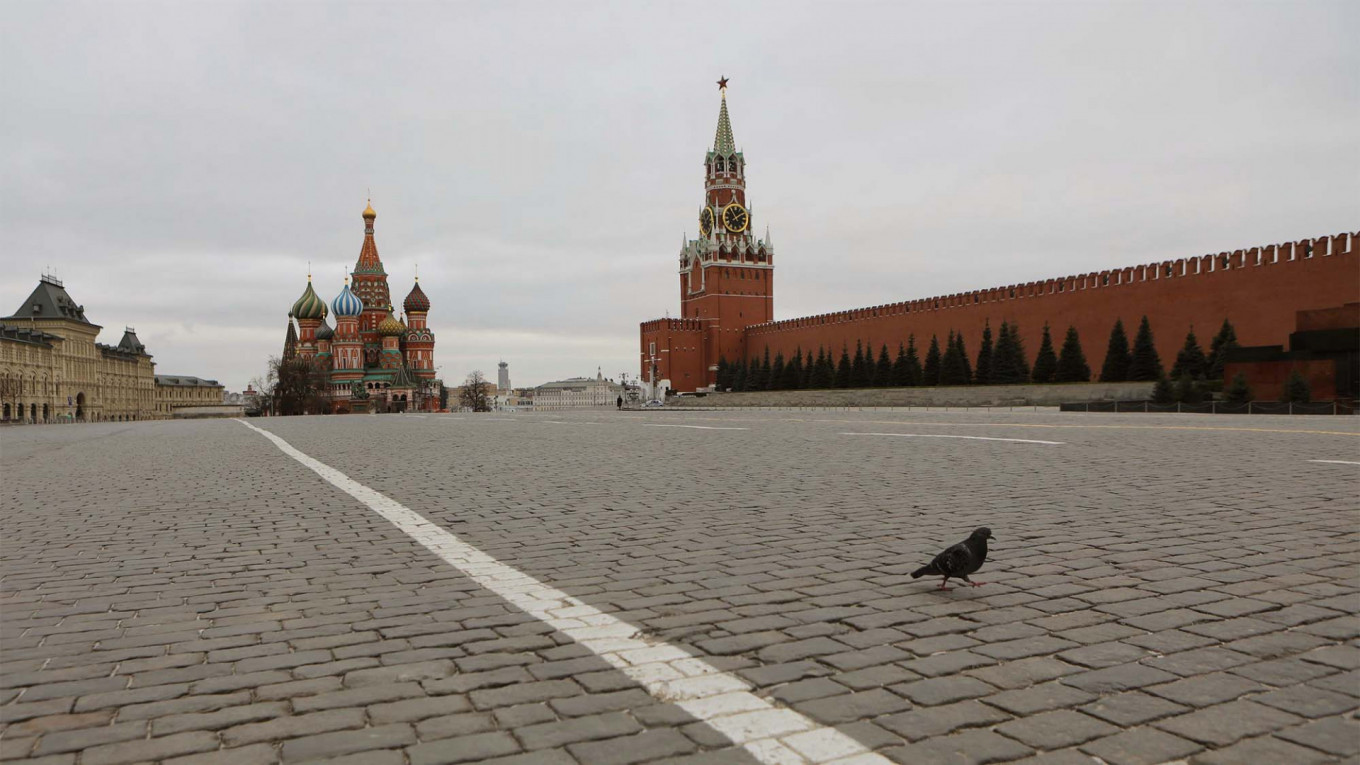
Norilsk fuel spill
A fuel reservoir at a power plant owned by Russian mining giant Nornickel collapsed near the Arctic city of Norilsk in late May, spilling 21,000 tons of diesel fuel into the nearby Ambarnaya River.
Putin declared a state of emergency and lambasted the head of the Nornickel subsidiary that owns the power plant, NTEK, after officials said the company had failed to report the incident.
Satellite images published on social media showed the Siberian river running red, and Russian investigators said the spill — the region’s worst-ever ecological catastrophe — was likely caused by permafrost under the fuel tank thawing, itself a result of climate change.
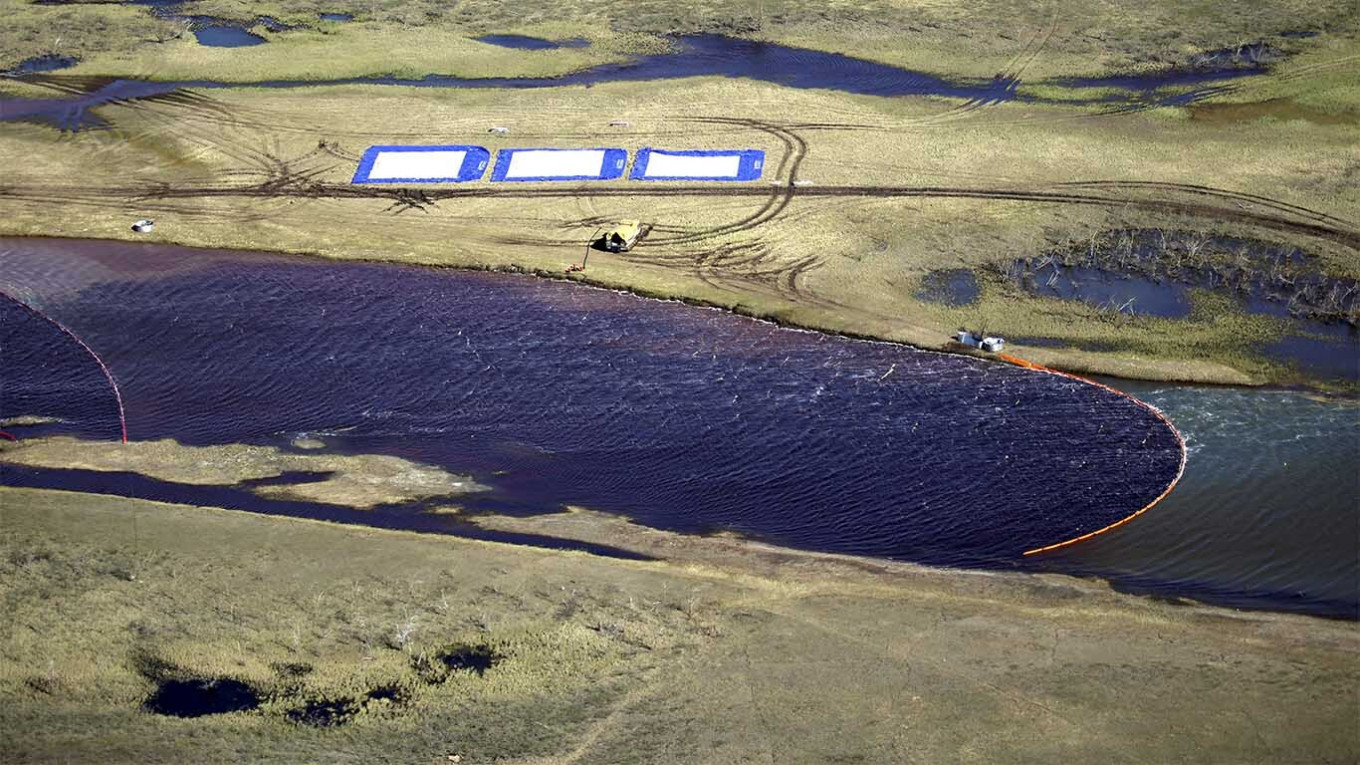
Vote on constitutional amendments
Russians overwhelmingly backed reforms allowing Putin to extend his rule and enshrining conservative values in the Constitution during a week of summer voting.
Election monitors and observers reported massive vote rigging.
Kremlin critics denounced the vote as a farce and accused the government of risking lives by going ahead with it as Russia continued to register new records in daily coronavirus cases and deaths.
Independent election monitor Golos said it had received a huge number of complaints of violations, including people voting more than once and claims that employers had put pressure on staffers to cast ballots.
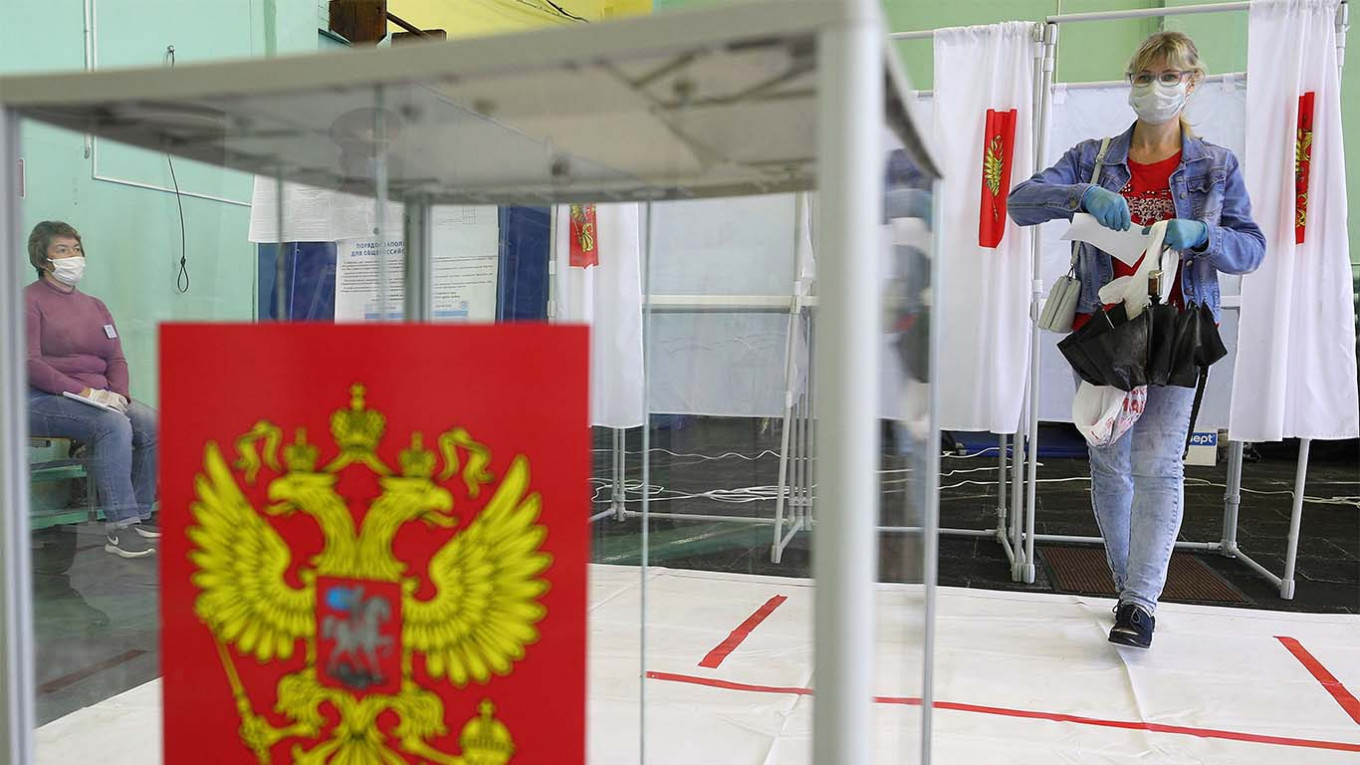
Record heatwave
Siberia experienced its hottest summer ever, with the temperature in the town of Verkhoyansk inside the Arctic Circle hitting 38 degrees Celsius in June.
Arctic wildfires blazed, breaking the record set in 2019 for CO2 emissions and adding to the carbon pollution humanity needs to curtail, the European Union's Earth observation program said.
The heatwave caused a huge crater in Siberia to open up, while later in the year, an unexplained event wiped out 95% of sea-dwelling life off the coast of Russia’s Far Eastern Kamchatka peninsula the Arctic Laptev Sea failed to freeze.
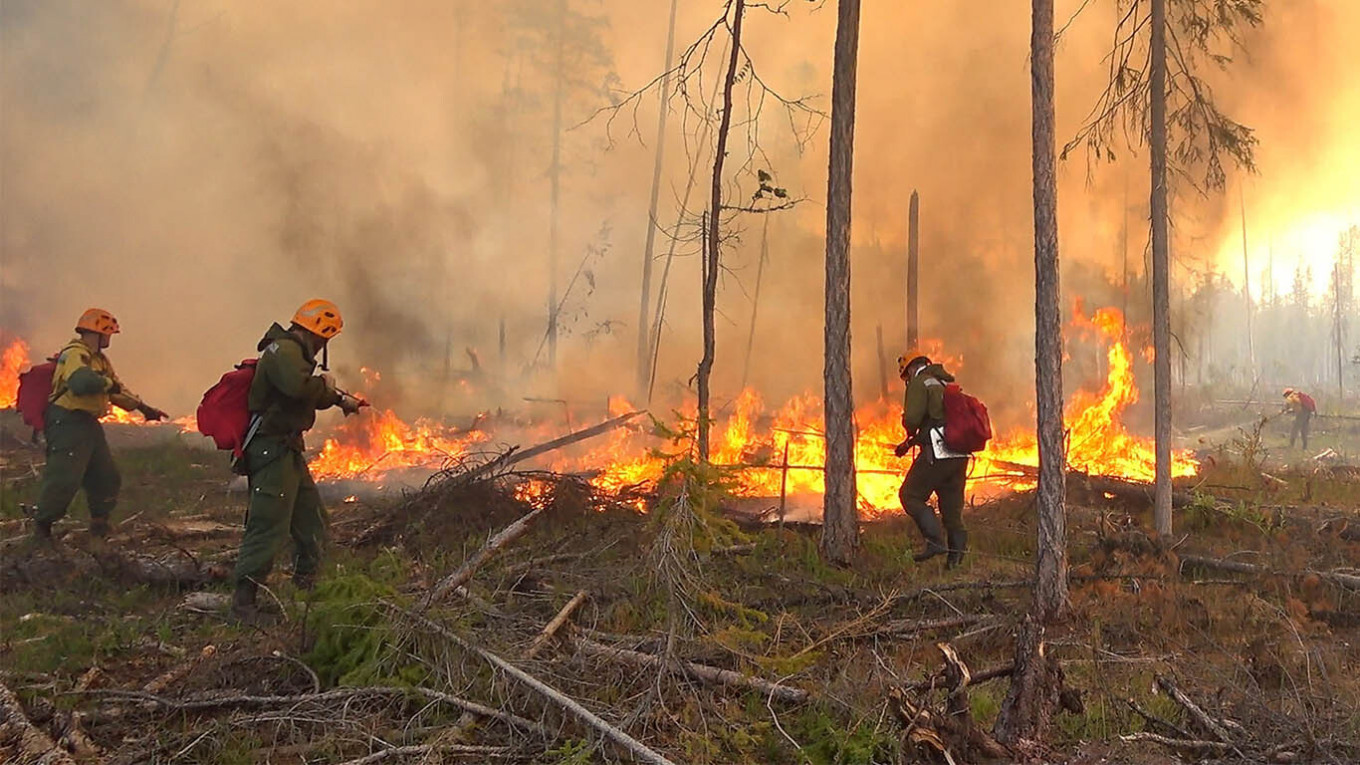
Khabarovsk protests
In July, the popular governor of the Far Eastern Khabarovsk region was arrested on suspicion of organizing murders in the early 2000s. In 2018, Sergei Furgal had defeated the ruling United Russia party incumbent, securing 70% of the vote.
The arrest sparked mass protests in the region. Thousands of people took to the streets of Khabarovsk in support of Furgal every day, saying that the murder charges were politically motivated.
While the massive weekend rallies, fueled by broader anti-Kremlin sentiments, have dwindled since the summer, they continue on a sporadic basis. Furgal remains in custody in Moscow.
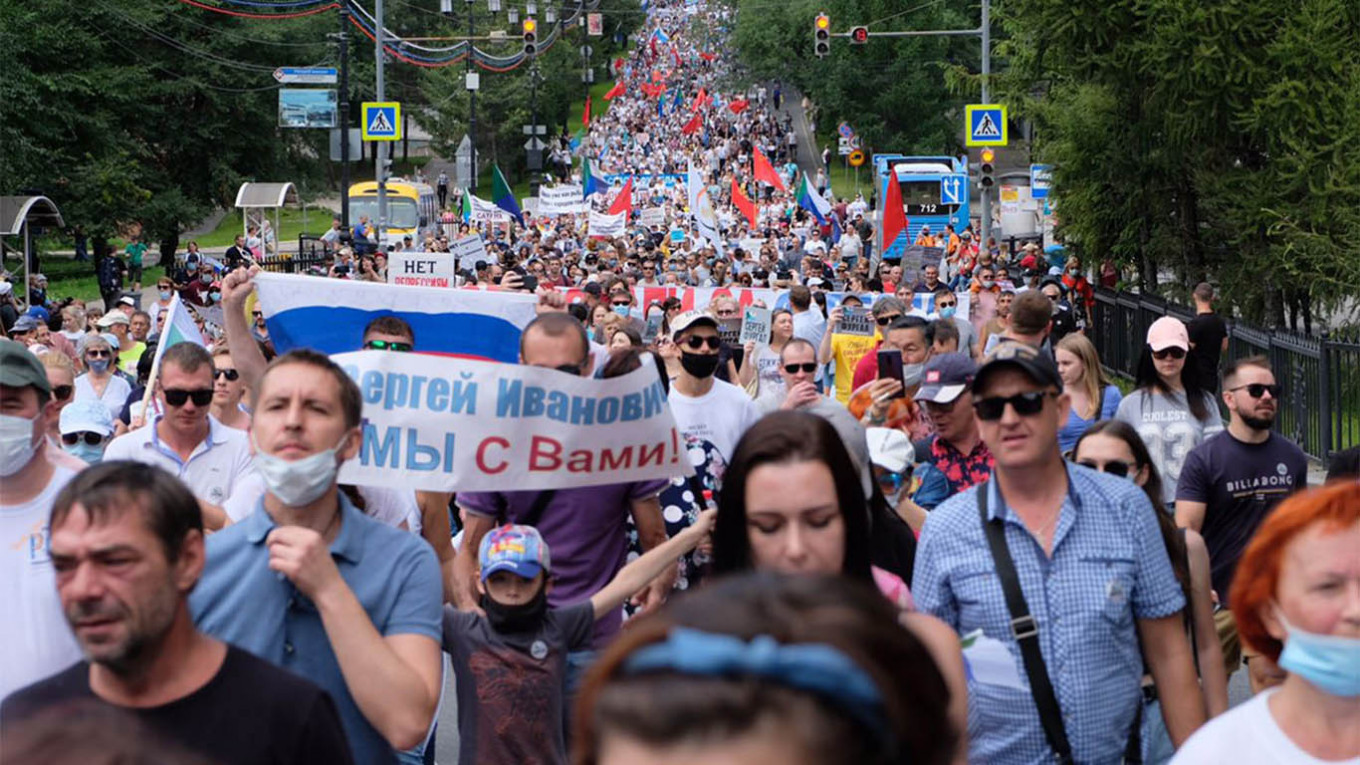
Navalny poisoning
Russian opposition figure Alexei Navalny fell violently ill on an August flight to Moscow from the Siberian city of Tomsk. The plane made an emergency landing in the city of Omsk, where he was taken to a regional hospital and entered a coma as his aides said he was poisoned by a cup of tea he drank at the airport.
After a tense standoff between the hospital’s doctors and Navalny’s family and staff, he was airlifted to Berlin’s Charité hospital.
German authorities later said that tests had shown "unequivocal evidence” of a chemical nerve agent from the Novichok family, the Soviet-designed toxic nerve agent used to poison former spy Sergei Skripal on British soil in 2018.
The European Union slapped sanctions on several Russian officials in October, saying the attack could not have been carried out without the complicity of Moscow's security services.
In December, a joint investigation by the Bellingcat investigative outlet, CNN, Russia’s The Insider news website and Germany’s Der Spiegel said a special FSB unit that had shadowed Navalny for three years was likely behind the poisoning. Putin confirms that Navalny was followed by Russia's security services.
Days later, Navalny publishes video of his phone call with a man identified as one of the FSB agents linked to his poisoning in which he tricks the agent into sharing details about the operation.
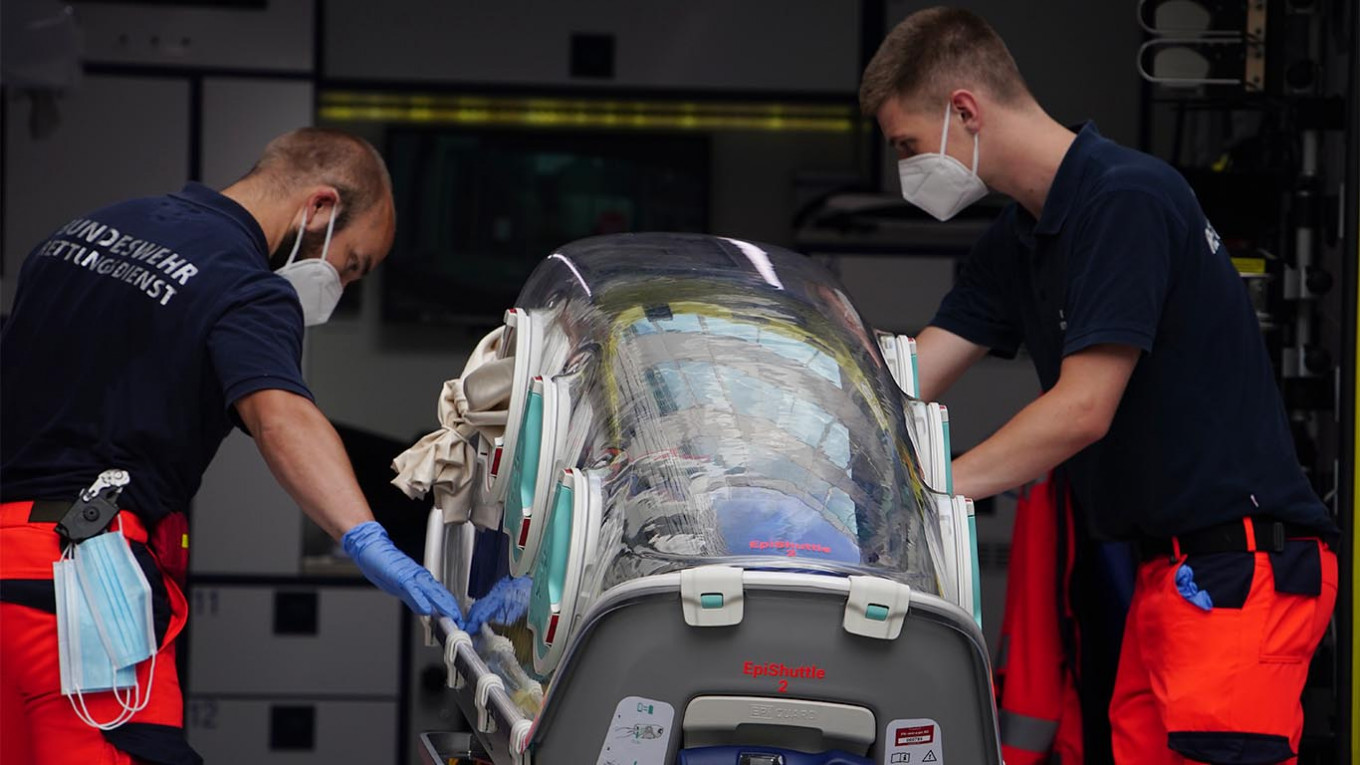
Belarus unrest
Tens of thousands of Belarusians have staged waves of peaceful protests since August against longtime leader President Alexander Lukashenko's disputed re-election and an ensuing brutal police crackdown.
On Aug. 9, Lukashenko, who has ruled the former Soviet country since 1994, won his sixth presidential term. Observers and Lukashenko’s opponents have accused him of rigging the vote to defeat his main rival, popular opposition candidate Svetlana Tikhanovskaya, who was forced to flee Belarus for neighboring Lithuania after the election.
Prominent Belarusians including Nobel Prize-winning writer Svetlana Alexievich have condemned the violence and urged Lukashenko to step down.
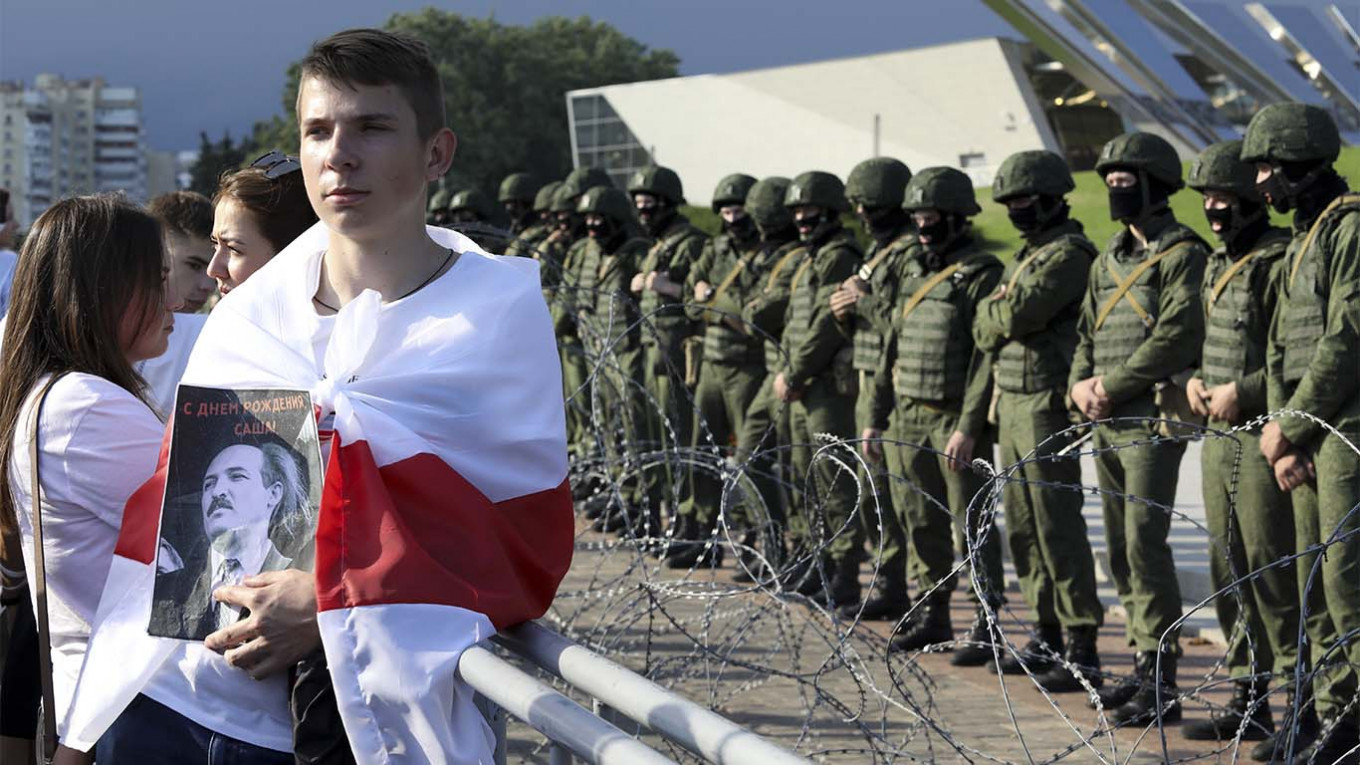
Nagorno-Karabakh
A six-week war that erupted in September between Armenia and Azerbaijan over the disputed region of Nagorno-Karabakh ended in a rout for Armenia and a change in the regional status quo in Azerbaijan’s favor.
After several failed truce attempts, Armenia and Azerbaijan agreed to a Russian-brokered peace deal to end weeks of heavy fighting and search for a long-term solution.
Russia deployed a peacekeeping mission to the region under the deal, while Armenia and Azerbaijan will maintain positions in the territories they currently hold.
The peace deal that was signed by Vladimir Putin, Azerbaijani President Ilham Aliyev and Armenian Prime Minister Nikol Pashinyan makes, however, no mention of the future status of Nagorno-Karabakh or of the format of future negotiations to settle the dispute.
Turkey, Azerbaijan’s staunch ally, has agreed to monitor the truce over from a joint peacekeeping center with Russia. During his recent visit to Baku, Turkish President Recep Tayyip Erdogan hailed what he dubbed his close ally's "glorious victory" in the conflict.
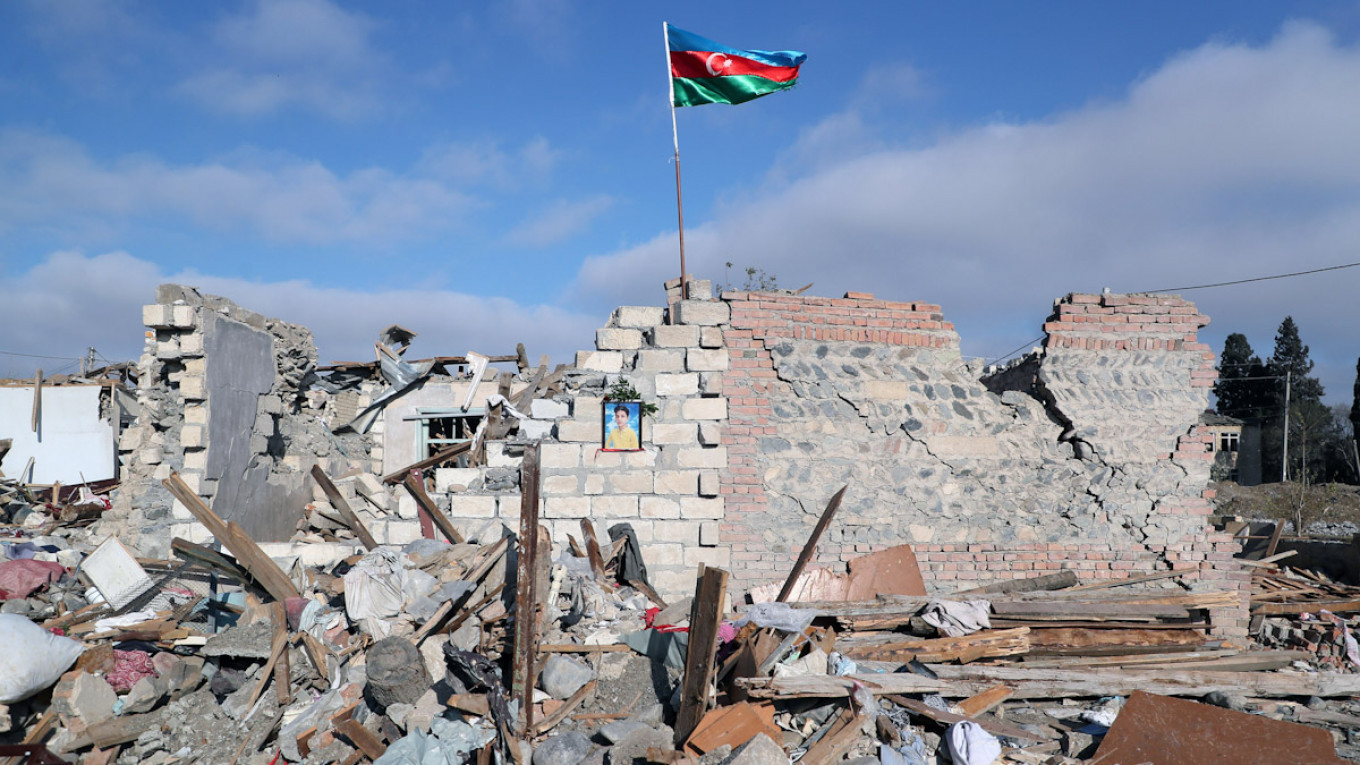
Vaccine race
Russia in August became the first country to approve a coronavirus. Named Sputnik V in a nod to the Soviet Union’s 1957 launch of the world’s first space satellite that triggered the Space Race, the jab is a two-part adenovirus-based vector vaccine. Scientists in the West have raised concerns about the speed of the vaccine’s development, suggesting that researchers might have cut corners after coming under pressure from the authorities to deliver.
At home, a group of scientists from leading Russian universities blasted the development process of Sputnik V as “completely unacceptable” and “ridiculous” in an open letter raising new concerns over a lack of sufficient data on its safety and effectiveness.
Despite the safety concerns, Russia launched a mass vaccination program this month, and the vaccine’s developer, the state-run Gamaleya research institute, will partner with AstraZeneca in a clinical trial to determine whether combining their jabs would boost immunity to Covid-19, the British drugmaker has said.
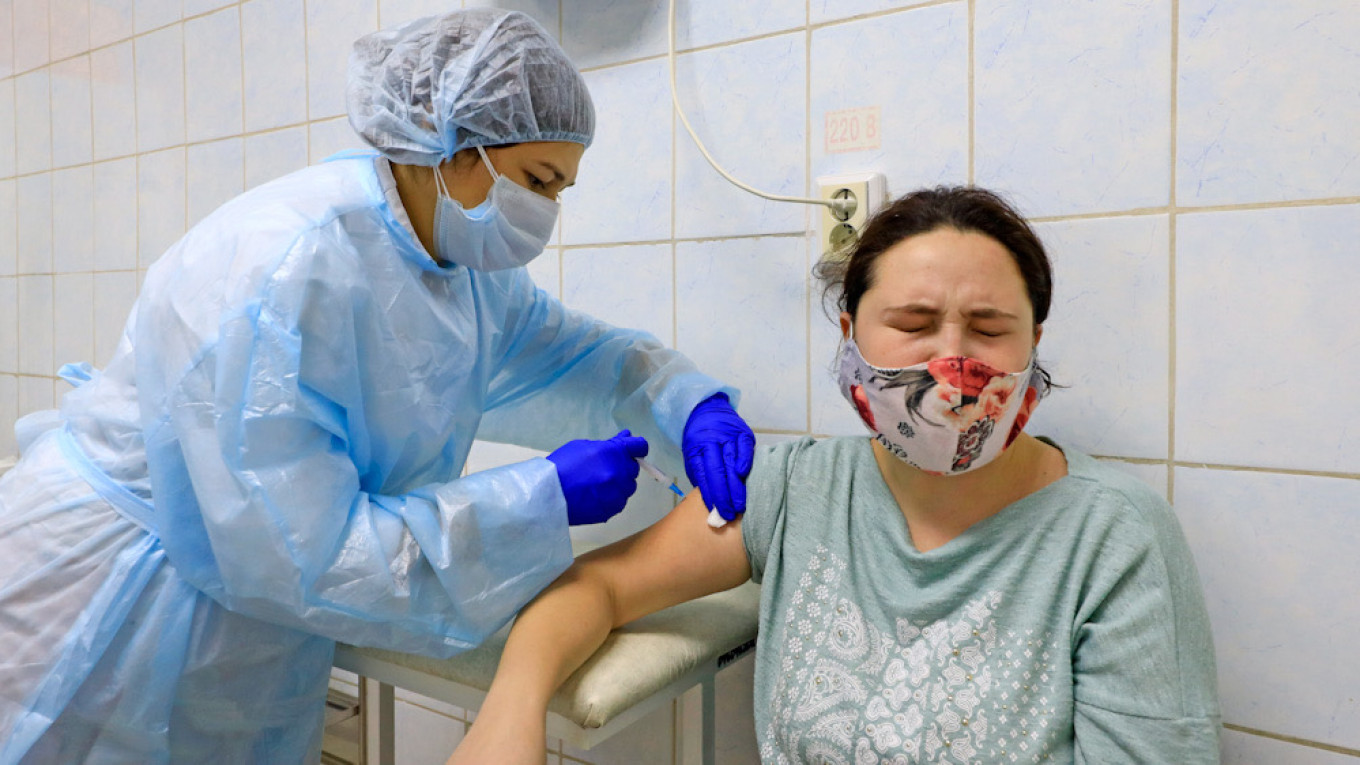
A Message from The Moscow Times:
Dear readers,
We are facing unprecedented challenges. Russia's Prosecutor General's Office has designated The Moscow Times as an "undesirable" organization, criminalizing our work and putting our staff at risk of prosecution. This follows our earlier unjust labeling as a "foreign agent."
These actions are direct attempts to silence independent journalism in Russia. The authorities claim our work "discredits the decisions of the Russian leadership." We see things differently: we strive to provide accurate, unbiased reporting on Russia.
We, the journalists of The Moscow Times, refuse to be silenced. But to continue our work, we need your help.
Your support, no matter how small, makes a world of difference. If you can, please support us monthly starting from just $2. It's quick to set up, and every contribution makes a significant impact.
By supporting The Moscow Times, you're defending open, independent journalism in the face of repression. Thank you for standing with us.
Remind me later.


